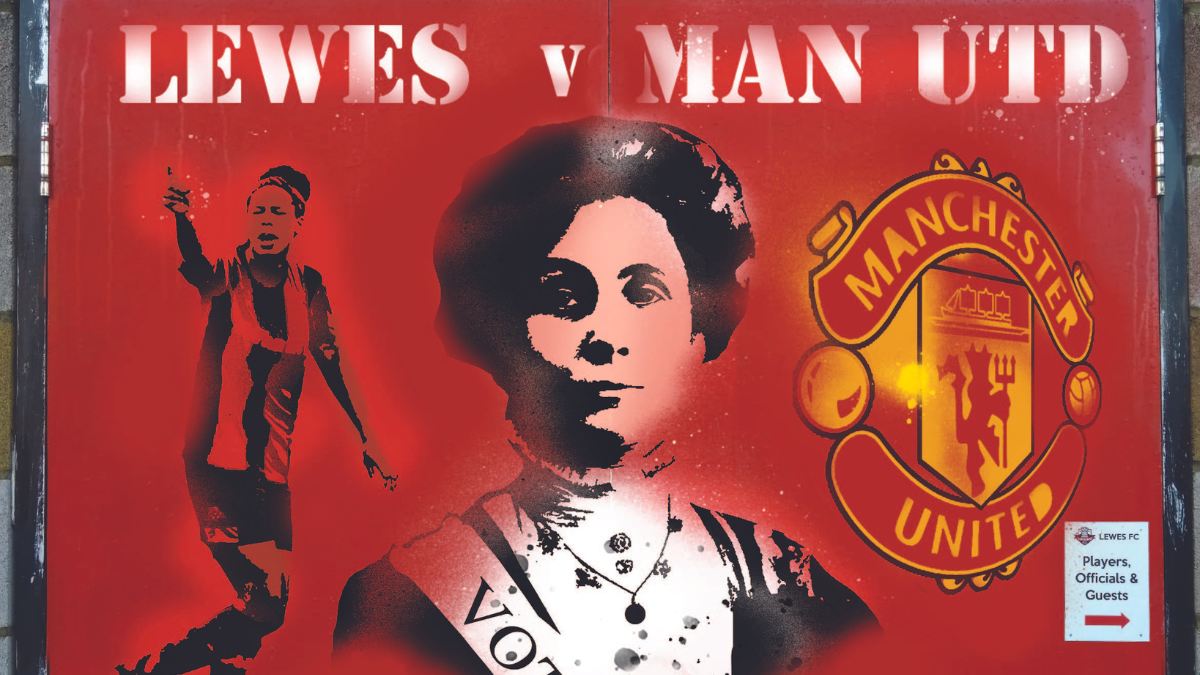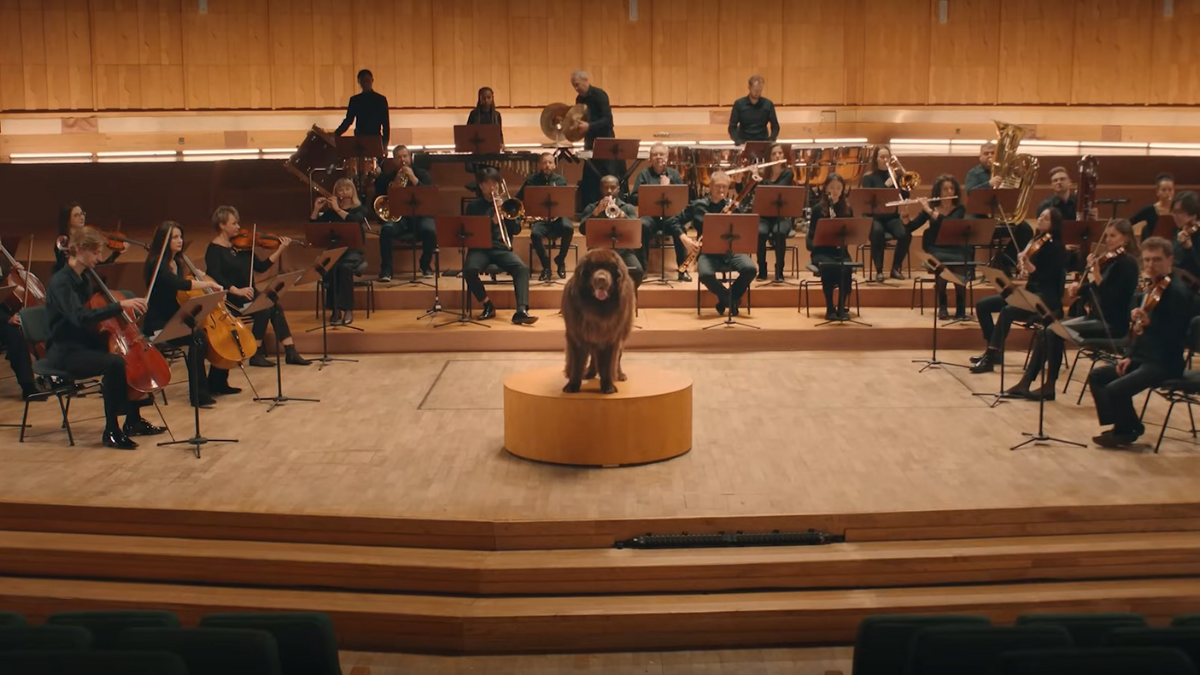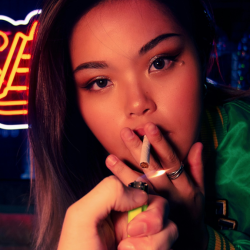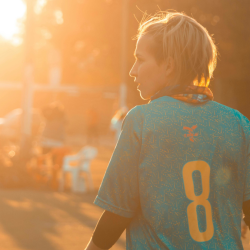It was 2018, the year of the Centenary of Suffrage in England, and Lewes FC had a new market to unearth. We needed bigger crowds at our women’s matches. And who was our unlikely target? Well, women who didn’t like football.
Why?
In 2017 Lewes Football Club introduced gender equality to the male bastion of football. Directors of the 100% community-owned club voted to raise their women’s playing budgets to match their men’s one. They decided that if they were really a community asset — there to serve the whole community — then paying the women less was not a good message to send the 51% of their community who didn’t pee standing up. As part of ‘Equality FC’, the name of the club’s groundbreaking campaign, there would be equal marketing attention given to the women, too. At this time in football, this was a world first for a pro or semi-pro club. The main criticism of the bold decision was: ‘The women don’t deserve to be paid the same — they don’t get the same gate figures at their matches’.
The logic was, why would sponsors pay to be on their shirts? And what matchday revenues were they bringing in? It wasn’t fair to give them as much as the men who brought more money in. The club’s response was to explain that women’s football had been banned for 50 years (1921-71), at a point when women were drawing greater crowds than men. This meant that the potential market was there — they just didn’t know about women’s football. At that time the women’s game was getting 1% of the total media attention on football, and the women’s team was an afterthought at most clubs, where they were rarely ‘allowed’ to play on the same pitch as the men, never mind get paid the same. They usually paid to play.
Who?
I went to watch a women’s match after hearing about my local club’s global first. I hadn’t even known that women played football before this. Blown away by both the game (what role models they were!), and the matchday environment (nothing like the threatening atmosphere I’d experienced at PL men’s matches!), I became a fan of Lewes FC Women, and began to bring my friends along — also previously non-football fans.
Then Charlie Dobres (husband and a board director at the club) asked me to formally tell women’s groups about Equality FC and encourage their members to come to matches. We called the campaign, which began in that Centenary of Suffrage, ‘Unlock the Gate’.
I’d start my talks with a question: ‘How many people here have been to a football match?’, and about half the room raised hands (usually a men’s match). None had been to, or known about, women’s matches. Jaws would drop when I mentioned The Ban.
I asked women to come to matches not because they liked football, but in solidarity for gender equality, explaining that being counted at the gate where women were being valued fairly in football would have massive reverberations far away from the pitch. Encouraging women and girls into football was preparing them for leadership, and signalling to both men and women, boys and girls, that women are active agents of their own lives, rather than passive decorations within them.
How?
Thinking about our target market of ‘unwelcome women’ — of which I was a proud Customer Zero — we introduced themes to matches and changed the matchday environment. Prosecco on tap, anyone? Oat milk for your tea? Why, of course. With a few of the women I talked to we staged a ‘Suffragette Flashmob’, who marched to a match. We had choirs singing in the terraces, we introduced ‘women’s football chanting workshops’, and generally ‘feminised’ the matchday environment. The objective was for these women to feel this was a place where they could feel at home.
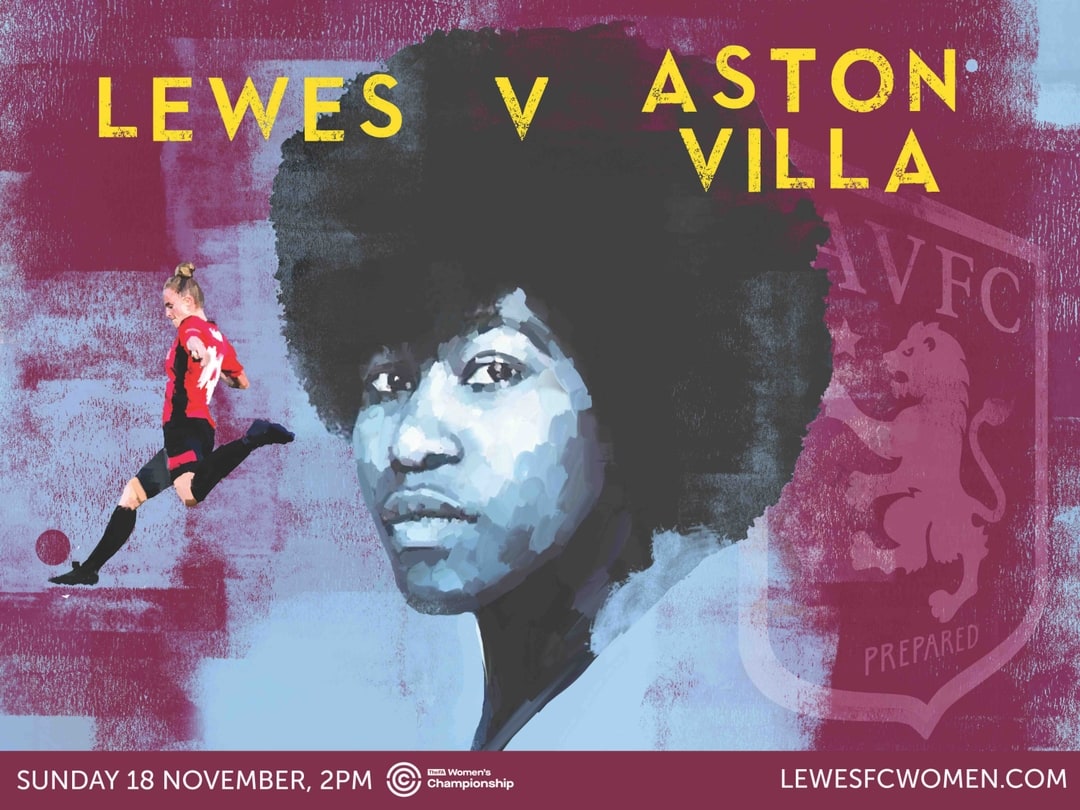
Charlie designed matchday posters which would appeal not just to people who liked football, but would also speak to women who didn’t usually think about football as a place for them. He asked a local pop artist to illustrate the posters using pictures of inspirational women. What’s more, he chose to feature inspirational women from the away team’s locale.
This signified the respect women footballers had for each other, knowing the obstacles that any girl or woman would have faced in order to play the game they loved. It was a nod of recognition, of compassion for a shared experience, amongst the sisterhood. And the posters were beautiful.
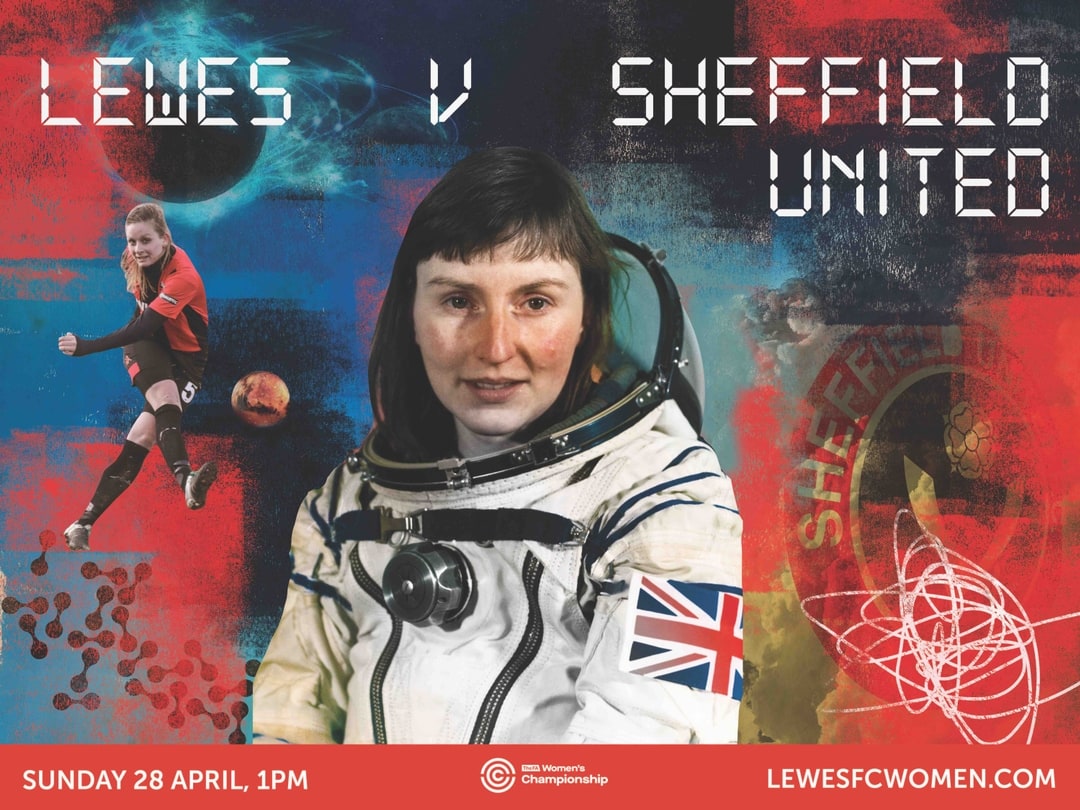
PR-wise, Joan Armatrading tweeted about the match when she was featured on Lewes v Aston Villa, and Helen Pankhurst, great-granddaughter of Suffragette founder Emmeline, came to an FA Cup match (her first ever football match) and delivered a rallying cry for ‘deeds not words’ in the terraces prior to Lewes v Manchester United. The posters were a wonderful way of connecting women’s football to feminism and to women who had succeeded, against the odds, in male bastions. The team also got adopted by BBC Radio Sussex’s afternoon show, where I became an unlikely weekly match reporter to an audience of listeners who didn’t usually hear much about football.
Within two seasons the campaign’s success was obvious
The gate figure for the women quadrupled from 120 to 586, and the men’s gate figure rose too. We proudly said ‘Equality is a rising tide that lifts all our boats’. And Unlock The Gate worked on a deeper level, kick-starting ongoing cultural change: it affected peoples’ actual habits. The average increase in attendance at FA Women’s Championship matches last season was 5%, for Lewes FC Women it was 35%. Boom!
Featured image: Unlock the Gate campaign poster / Lewes FC




















